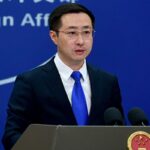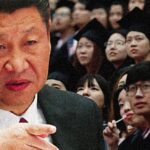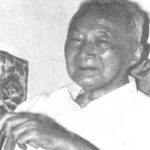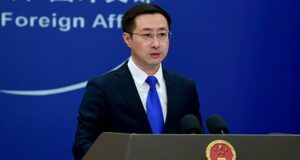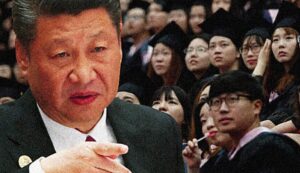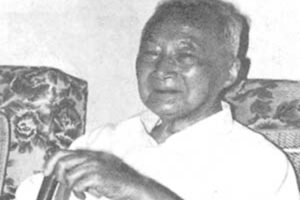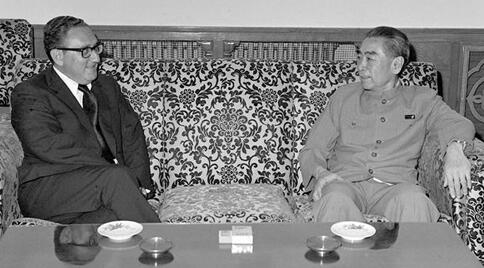
If the Chinese Communist Party is angry with you about something, this doesn’t necessarily mean that you are on the right track. Often does, though.
The party-state is piqued because Donald Trump and Marco Rubio’s State Department made the text of its website a little more straightforward by removing a line about how the United States does not support Taiwan independence (“China fumes at Trump for Taiwan-friendly change at State Department: ‘Severe damage,’ NY Post, February 17, 2025).
Beijing, which claims it to have sovereignty over Taiwan—despite the island having its own government, military and currency—accused Washington of “serious regression” and demanded the US “immediately correct this mistake.
“This move severely violates the one-China principle and three China-US joint communiqués, goes against international law and basic norms of international relations and sends a seriously wrong signal to the separatist forces,” said Chinese Foreign Ministry rep Guo Jiakun to reporters.
“This is another example of the US clinging to its wrong policy of ‘using Taiwan to contain China.’ ”
China and Taiwan were separated at the end of the Chinese Civil War in 1949, in which nationalists fled to the island while the communists took over the mainland.
Accepting that a country is a country “goes against international law and basic norms” and so forth? The CCP needs to hire new propaganda writers.
Despite all the strategic ambiguity over the decades in U.S. policy about the status of the ROC, the fact that the American government does not support conquest or absorption of the Republic of China (often called Taiwan) by the People’s Republic of China implies support for the ROC’s existing independence.
The textual change, if it lasts—a similar change in 2022 was promptly retracted when Beijing bloviated—merely inches explicit U.S. policy a little closer to unvarnished honesty about this subject.
Meanwhile, the ROC president, Lai Ching-te, has reaffirmed “Taiwan’s commitment, as global dynamics shift, to working with the U.S. and global partners. Alongside efforts to raise our defense budget to 3 percent of GDP, we’ll deepen ties with the U.S. as we boost investment, balance trade relations and build democratic supply chains.”
Also see:
History Cooperative: Taiwan Expendable? Nixon and Kissinger Go to China
USC US-China Institute: Getting to Beijing: Henry Kissinger’s Secret 1971 Trip
